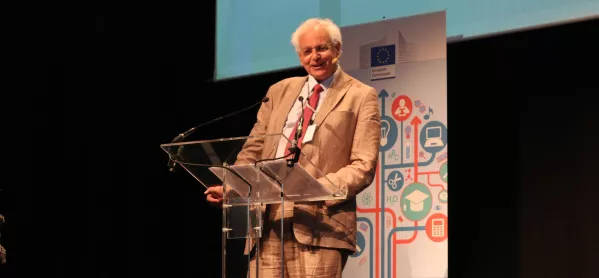Adult education can be life-changing. Debates in this country often diminish the rigour and seriousness of learners’ efforts by using phrases such as “flower arranging on the taxpayer” or “willow-weaving for beginners”. But in reality, in some parts of the world, learning a new skill can be the difference between a life of dignity and one, at best, of embattled survival.
That is why the global targets for adult education matter to so many people, and why agreements made last month in South Korea and later this year in New York will have a major effect on lives across the planet.
Consider, for example, the experience of Shanti Devi, who fled a violent childhood in Assam, India, for what turned out to be a violent and abusive marriage in Delhi, before escaping with her three daughters. By chance she found the extraordinary voluntary organisation the Azad Foundation, and through its Women on Wheels scheme was trained as a commercial driver. Devi went on to find employment with a for-profit social enterprise - organised by women, for women - which offers safe transport for women. The training gave her economic independence, pride and agency.
Look, too, at the work led by Ramon Mapa in the Philippines, helping victims of climate change to rebuild their lives when villages disappear below water and communities are forced to relocate. And consider the experience of tutors working for Nirantar, a literacy programme for Dalit (“untouchable”) women in Uttar Pradesh, India. Like their students, they have suffered intimidation and violence as they work to secure the rights for women to access literacy and wider learning that should by law already be theirs.
These stories of people overcoming intimidation and violence to use education to transform their lives can be found in many parts of the world. In India, successful work is built on a combination of enlightened national legislation and creative partnerships with voluntary organisations, yet still rights have to be asserted and struggled for, village by village, in many areas.
But in many countries and regions there is no comparable legislative commitment - or willingness - to work with local partners in the voluntary sector to secure change.
Read the full story in the 19 June issue of TES. You can do so on your tablet or phone, or by downloading the TES Reader app for Android or iOS. Or pick it up at all good newsagents.




